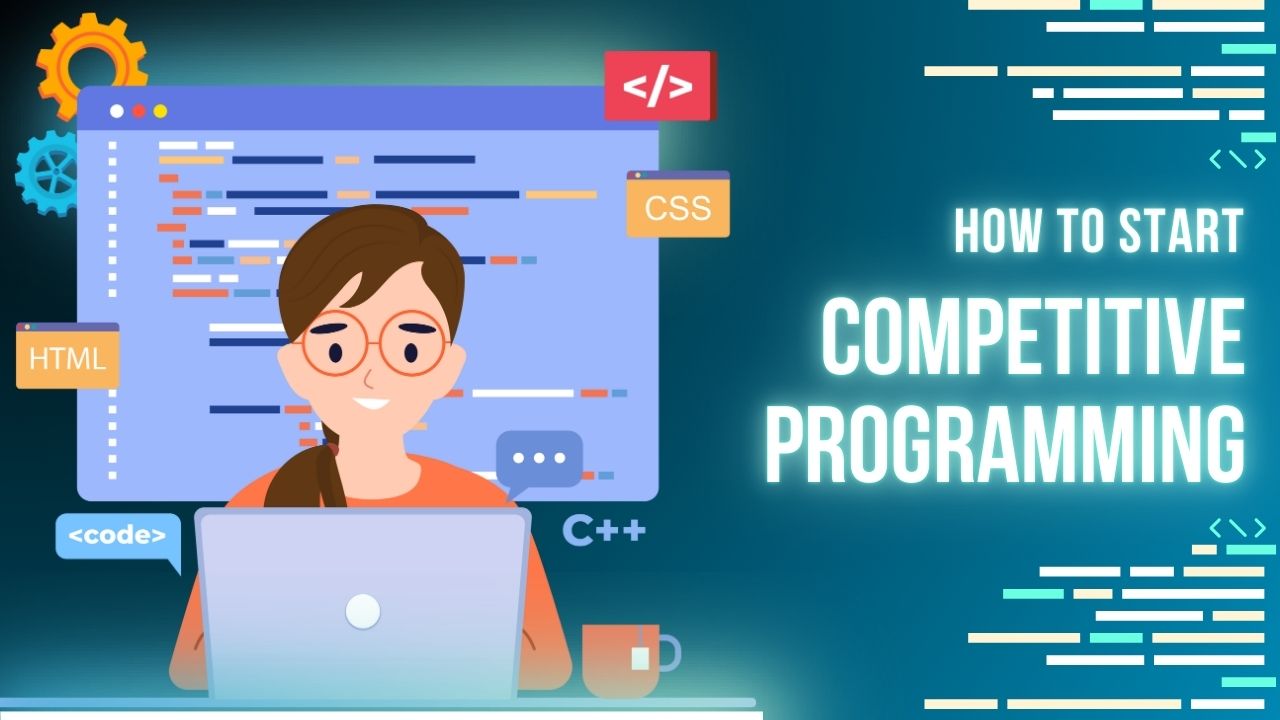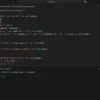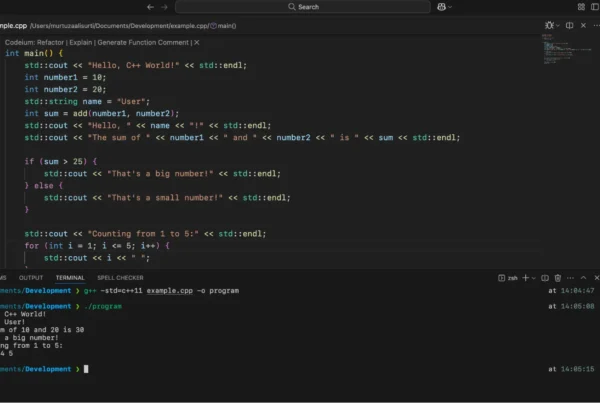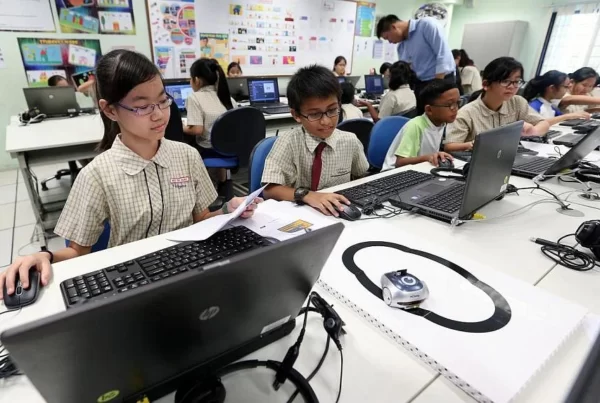If you’re a young student interested in competitive programming, here’s how you can plan ahead and prepare effectively.
1. Learn the Basics of Programming
Before diving into competitions, it’s essential to have a solid understanding of programming basics. Some key languages to consider learning are:
Python: A beginner-friendly language widely used in introductory programming courses.
C++/Java: Both are commonly used in competitive programming because of their efficiency and standard library support.
Resources to Start:
Scratch: A visual programming language aimed at younger students.
Code.org: Offers free courses for beginners.
Codecademy: Provides interactive programming tutorials.
2. Develop Algorithmic Thinking
Competitive programming heavily relies on algorithms and data structures. As a beginner, focus on learning simple algorithms such as sorting and searching, and gradually move on to more advanced topics like dynamic programming and graph theory.
Books and Resources:
“Introduction to Algorithms” by Cormen et al. (for more advanced learners).
“Competitive Programming” by Steven Halim and Felix Halim (a popular book in the community).
LeetCode and HackerRank for algorithm practice.
3. Practice on Online Platforms
Once you’ve learned the basics, start solving problems on competitive programming platforms. Here are some beginner-friendly ones:
Codeforces: Offers problems across various difficulty levels.
AtCoder Beginner Contests: Ideal for young learners to start with easy problems.
CodeChef: Provides beginner, intermediate, and advanced contests.
Make a habit of participating in weekly contests on these platforms, which will help you learn how to work under time pressure.
4. Explore Junior-Level Competitions
As a young learner, look for competitions designed for students your age. Some of these include:
Google Kick Start: Designed for beginner to intermediate coders.
IOI (International Olympiad in Informatics): High school students can start preparing for this prestigious competition with smaller local contests.
5. Build a Study Plan
Create a long-term study plan that gradually builds up your knowledge in algorithms, data structures, and problem-solving techniques:
First 3 months: Focus on learning a programming language and simple algorithms.
Next 6 months: Practice regularly on platforms like Codeforces and AtCoder, solving easier problems.
1 year and beyond: Work on more complex topics (graphs, dynamic programming) and participate in higher-level contests.
6. Join a Community
Joining a community of learners and programmers can help motivate you and provide you with support. There are many online forums, such as:
- Codeforces Blogs
- Stack Overflow
- Reddit’s Programming Communities
You can also attend programming clubs at school or participate in workshops that may offer guidance for young learners.
Final Thoughts
Competitive programming is a rewarding pursuit for students at any stage, but starting early can give young learners a distinct advantage. With a structured approach to learning programming languages, algorithms, and problem-solving, even young children can begin to build the skills needed for success in competitions like Codeforces and Google Code Jam.
For young learners, the key is consistency—learning new concepts and applying them through regular practice on online platforms. With dedication, the world of competitive programming is within reach!








